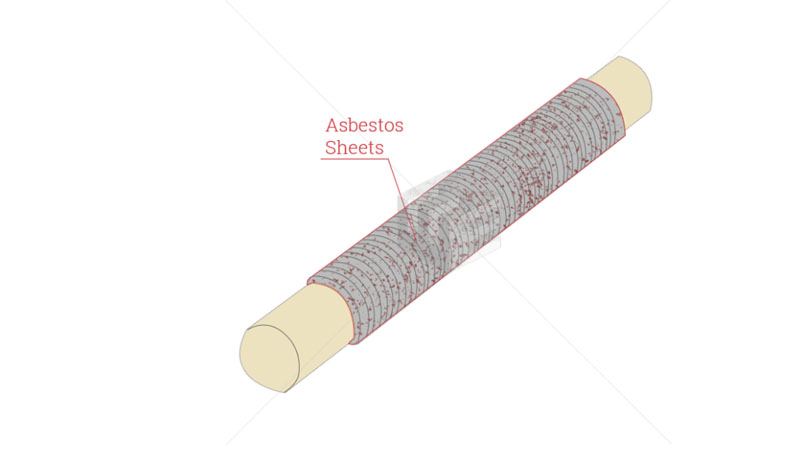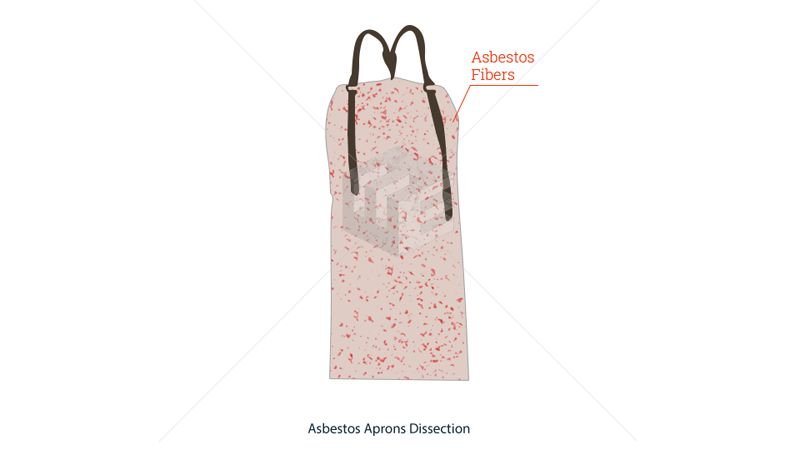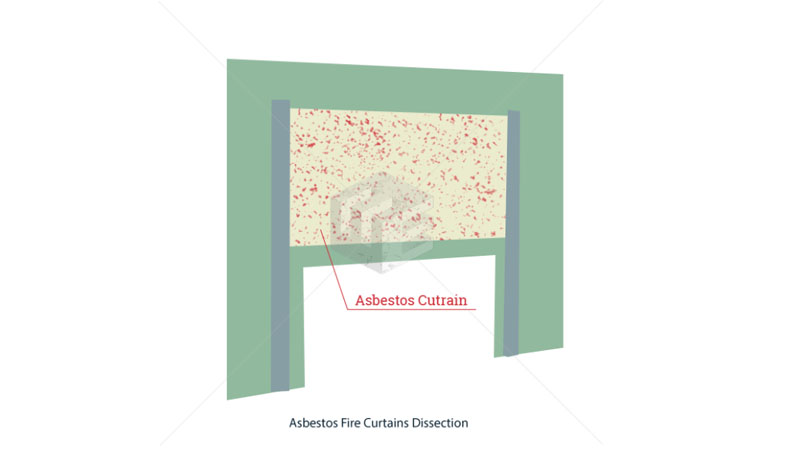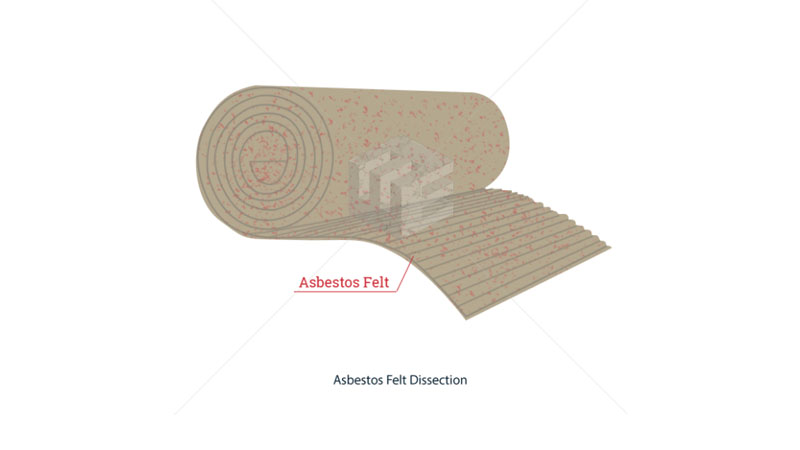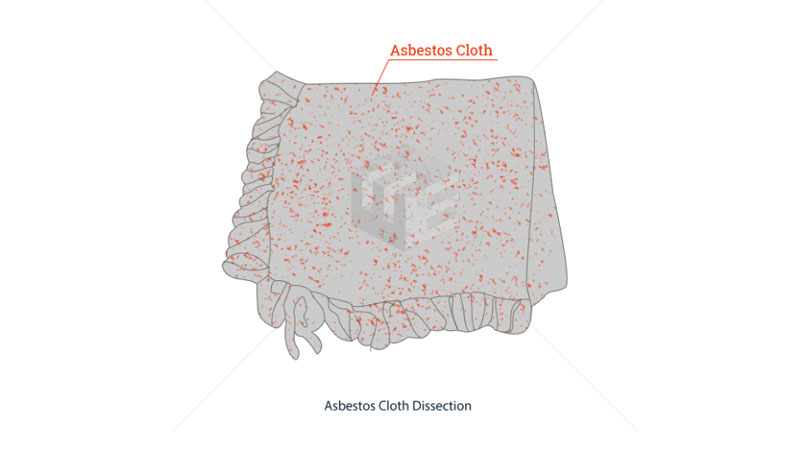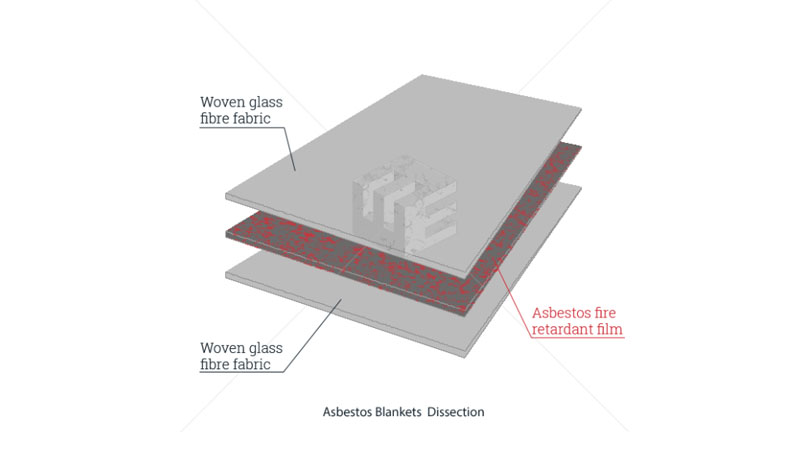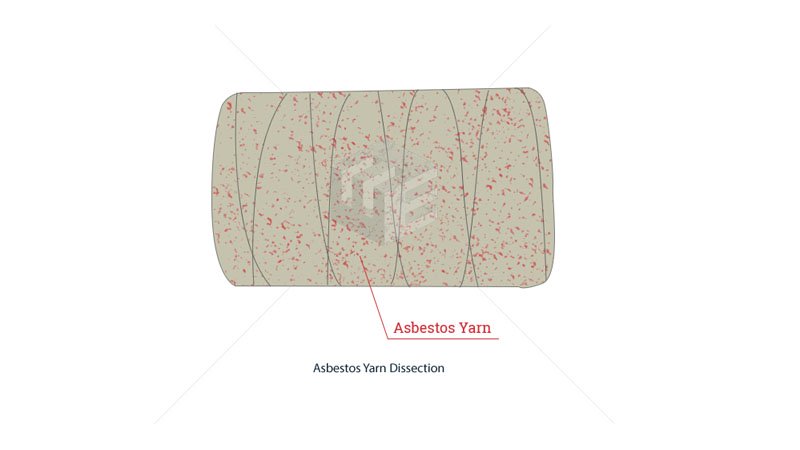Textile mill workers
Exposed to asbestos at their workplace
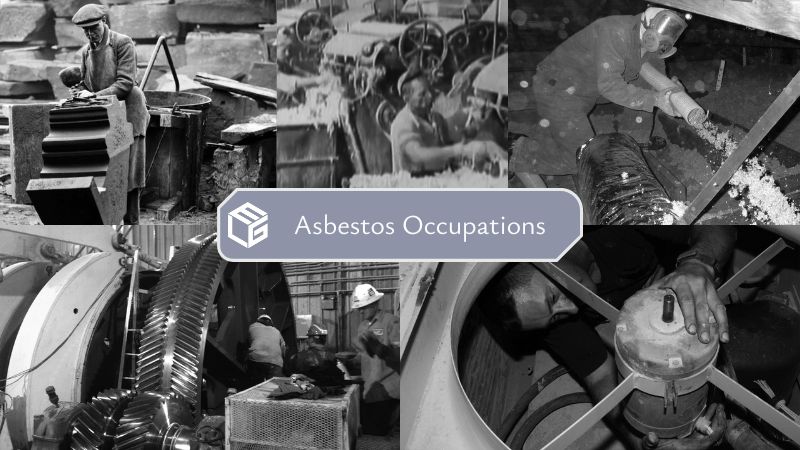
Although nowadays, specialized machinery replaced the majority of workers, many of the products processed in textile mills from the 1940s to the late 1970s were made using asbestos fibers. Textile mill workers may have handled directly the asbestos used to produce textiles. During the different processes like picking, carding, and weaving, the asbestos fibers were disturbed making them airborne and posing a grave threat to these workers.
Claim Evaluation